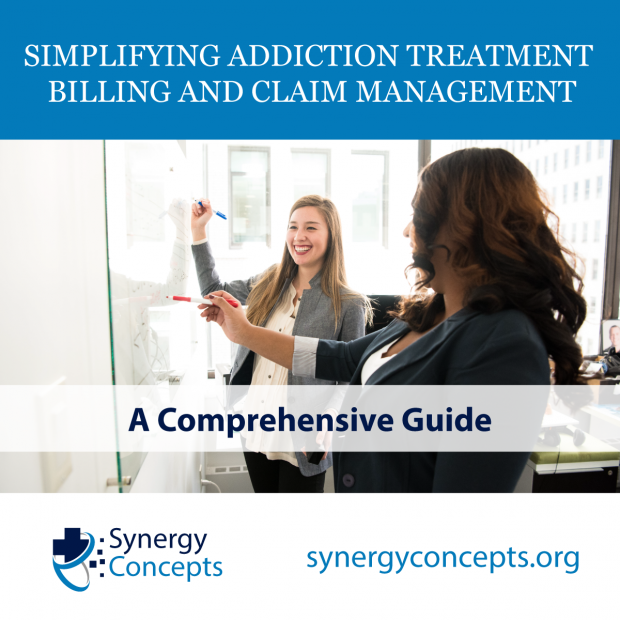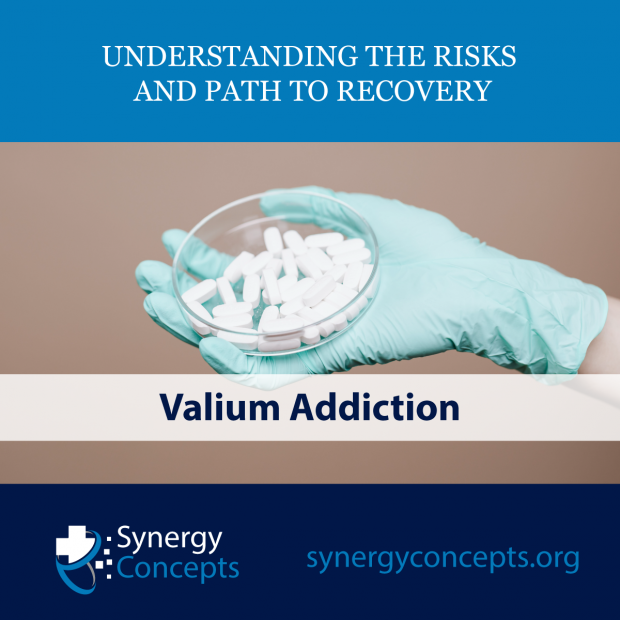Effective billing and claim management are crucial components of addiction treatment facilities operations. However, the complexities of insurance coverage, coding requirements, and claim submission processes can pose significant challenges. In this blog post, we will explore key strategies and best practices for addiction treatment billing and claim management, helping facilities streamline their processes and optimize reimbursement.
1. Verify Insurance Coverage and Benefits
Before initiating treatment, it is essential to verify patients’ insurance coverage and benefits. This includes confirming the type of insurance, coverage limits, deductibles, co-pays, and any specific requirements for pre-authorization. Accurate verification helps prevent claim denials and allows for proper financial planning.
2. Accurate and Detailed Documentation
Accurate and detailed documentation is critical for successful addiction treatment billing. Providers should ensure that all services rendered are properly documented, including assessments, treatment plans, progress notes, and discharge summaries. Documentation should align with coding requirements and demonstrate medical necessity for the services provided.
3. Utilize Proper Coding
Accurate coding is essential for successful claim submission and reimbursement. Addiction treatment facilities should use the appropriate Current Procedural Terminology (CPT) and Healthcare Common Procedure Coding System (HCPCS) codes for each service provided. Staying updated with coding guidelines and regularly training staff on coding practices can help minimize errors and maximize reimbursement.
4. Stay Compliant with Regulations
Compliance with regulations, such as the Health Insurance Portability and Accountability Act (HIPAA) and the Affordable Care Act (ACA), is crucial in addiction treatment billing. Facilities must ensure patient privacy and data security, maintain proper consent forms, and adhere to billing and documentation requirements outlined by regulatory bodies.
5. Efficient Claim Submission and Follow-up
Timely claim submission is essential to avoid delays in reimbursement. Utilizing electronic claim submission methods, such as electronic data interchange (EDI) or clearinghouses, can expedite the process. Regularly monitoring claim status and promptly following up on any denials or rejections helps resolve issues and ensures maximum reimbursement.
6. Utilize Revenue Cycle Management (RCM) Services
Outsourcing billing and claim management to a reputable RCM service provider can alleviate the administrative burden and improve efficiency. RCM services offer expertise in addiction treatment billing, including insurance verification, claim submission, denial management, and revenue optimization. This allows treatment facilities to focus on providing quality care while ensuring proper reimbursement.
7. Leverage Technology Solutions
Implementing specialized billing software or electronic health record (EHR) systems designed for addiction treatment facilities can streamline billing and claim management processes. These solutions often include features such as automated claim generation, coding assistance, claim tracking, and reporting capabilities. Integration with insurance verification systems and clearinghouses further enhances efficiency.
8. Regularly Review and Update Processes
Billing and claim management processes should be regularly reviewed and updated to adapt to changing regulations and industry best practices. Conducting periodic audits, analyzing denial trends, and implementing process improvements can help identify areas for optimization and enhance revenue cycle performance.
Efficient addiction treatment billing and claim management are essential for the financial health and sustainability of treatment facilities. By implementing strategies such as verifying insurance coverage, accurate documentation, proper coding, compliance with regulations, efficient claim submission and follow-up, outsourcing to RCM services, leveraging technology solutions, and regularly reviewing processes, facilities can streamline their operations and optimize reimbursement. By focusing on effective billing and claim management, addiction treatment facilities can continue to provide quality care to those in need while maintaining financial stability.
Check out our services and solutions. We’d love to partner with you!













Leave a Reply